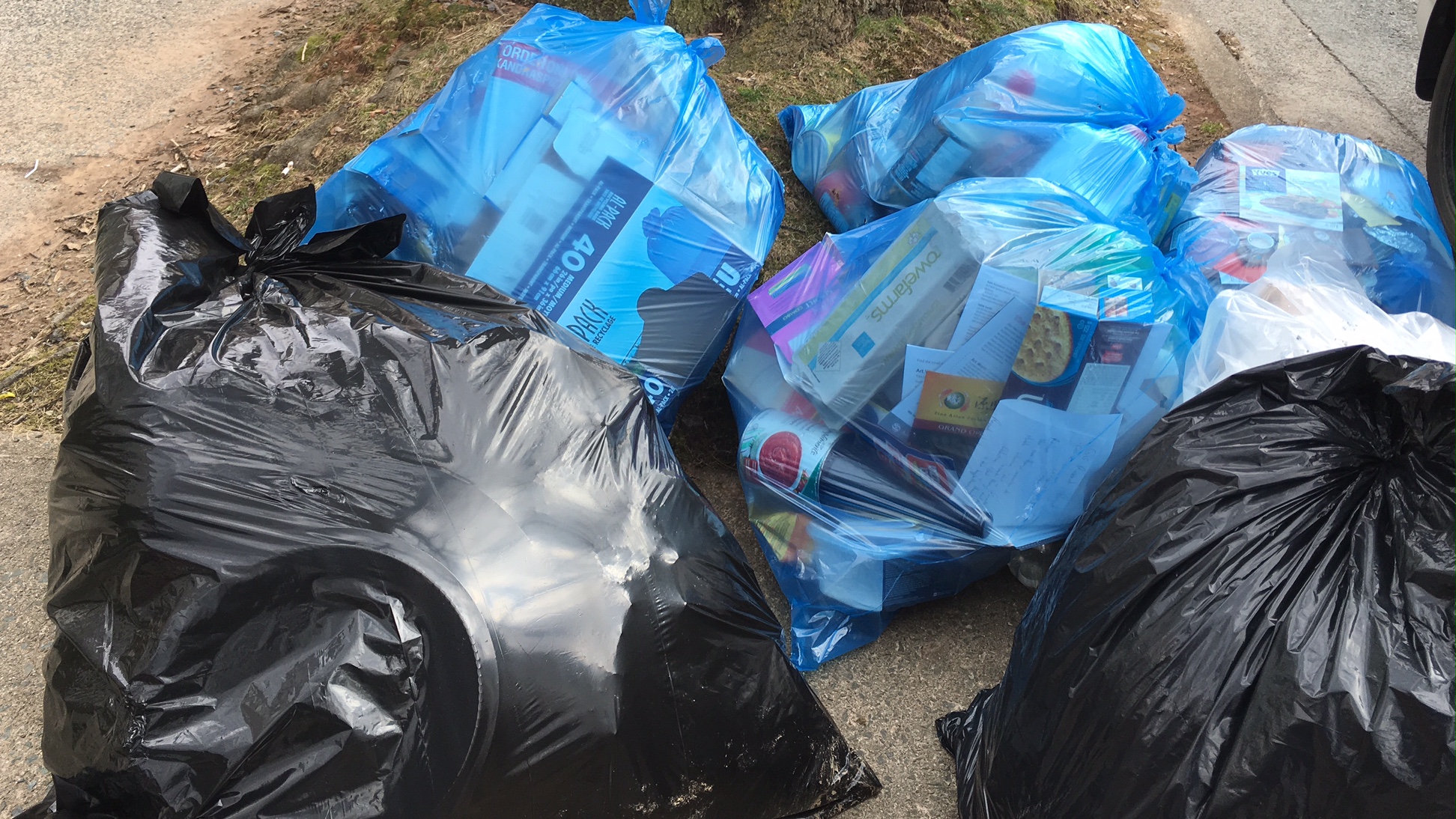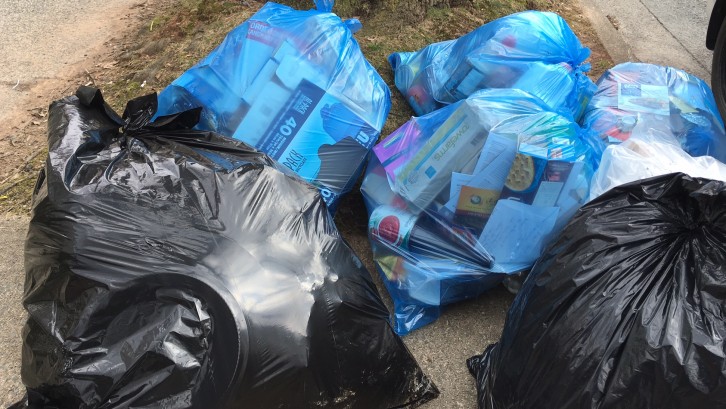Going Green
What you should know about Halifax’s recycling plan

caption
Halifax is kicking bad habits to the curb
caption
Halifax is kicking bad habits to the curbEvery day, most people produce a steady flow of garbage. A tissue here, a carton of milk there, a piece of paper or two.
This year at the United Nations Climate Change Conference held in Paris, the question of how well this garbage is managed was discussed. It was suggested that cities around the world can do more to reduce waste that could instead be recycled.
Since the conference, several cities have introduced new rules regarding the use of recyclable products within their municipalities.
In January, Hamburg announced that city council money will no longer be used to purchase individual coffee capsules or bottled water.
In Canada, Montréal Mayor Denis Coderre stated that as of Jan. 1, 2018, plastic bags will be banned citywide. He hopes to eventually follow with bans on plastic drinking bottles.
Halifax has decided to take a different approach.
What is Halifax doing to reduce waste?
Rather than outright ban the use of certain materials, Halifax is trying to deal with waste through recycling initiatives.
Halifax’s solid waste manager, Matt Keliher, says that at this point he feels it would be unnecessary to put forward any bans. When it comes to plastic grocery bags, for example, residents can simply put their bags into blue bags.
“Right now, I think our efforts are better put towards other initiatives to continue to reduce, reuse and recycle,” Keliher says.
What are these other initiatives?
In 2007, Nova Scotia set a provincial mandate to reduce waste to 300kg per person per year. This would be down from the 400kgs per person as recorded at the time. Halifax set a goal to reach this mandate by the end of 2015.
However, this goal was not met.
Eight years later, the city has reduced its waste by only 20 per cent of the set goal. On average, each resident still produces 380kg of non-recyclable waste per year.
Despite not meeting the original goal of waste reduction, Keliher says Halifax isn’t ready to give up.
The goal remains the same: reduce waste through more efficient recycling.
In August 2015, the city introduced new rules limiting each household to only one opaque “privacy” bag for garbage put out for collection. The rest must be clear bags. The goal of the clear bag rule is to keep residents from secretly placing recyclables in their garbage, which ends up in landfills.
While this new initiative has only been in place for six months, Keliher says the city will get an idea of what this year’s waste will look like.
Due to positive numbers from a month-by-month analysis, he says he’s expecting the kilograms per person to be down from last year.
The clear bag initiative has seen the average monthly waste down 30 per cent and recycling up 20 per cent from previous years. In residential areas, records show 99.8 per cent of bags have been picked up without issue, a number that shows the vast majority of residents are complying with the new rules.
Keliher says that while he’s hopeful the clear bag initiative will bring the city closer to it’s 300kg goal, there’s still more work to be done and hopes new initiatives will be brought forward soon.
What can you do?
While the city has instated new garbage and recycling rules to meet the provincial goal, Keliher says residents and business owners alike are needed to keep the city clean.
Mike Noakes, owner of Humble Pie, says Haligonians need to be educated on recycling.
“When I moved to Halifax I was lucky to have a friend who taught me where to put everything,” says Noakes. “Knowing makes it a lot easier.”
The city has information online to help people sort through the process.
There’s also a new app for residents called What Goes Where. The app explains how and why everything is sorted and allows users to search specific materials when they are unsure.
For business owners, the process, while similar, is slightly more complicated.
All businesses must comply with recycling regulations and ensure their customers do too. The sorting is the same as in the home, but to help with the process, the city’s website offers free printable signs for labelling bins.
Keliher suggests that business owners train their employees in proper recycling just as they would food handling or work safety. The Halifax website offers written guides for how to do just that on a page dedicated to business recycling.

